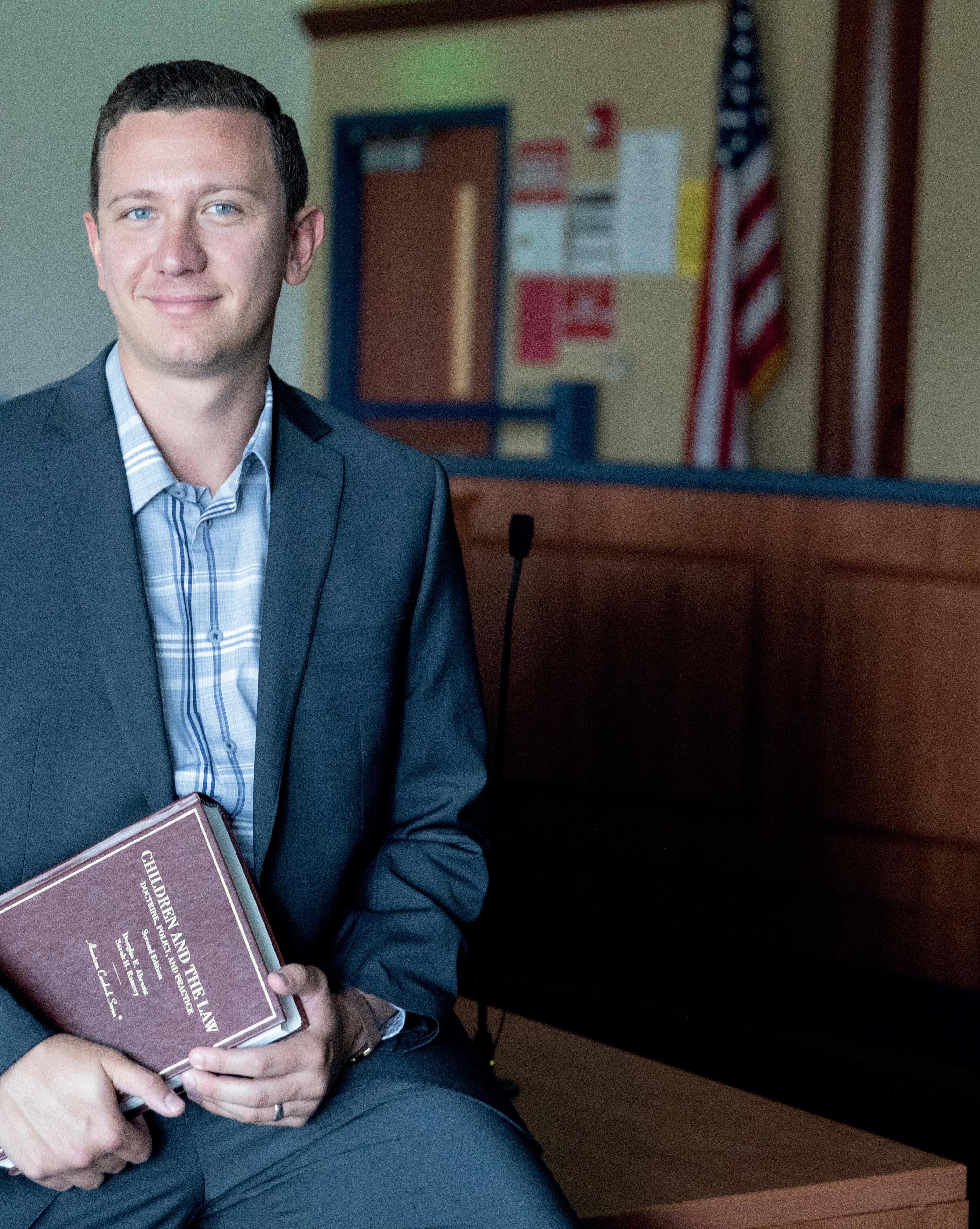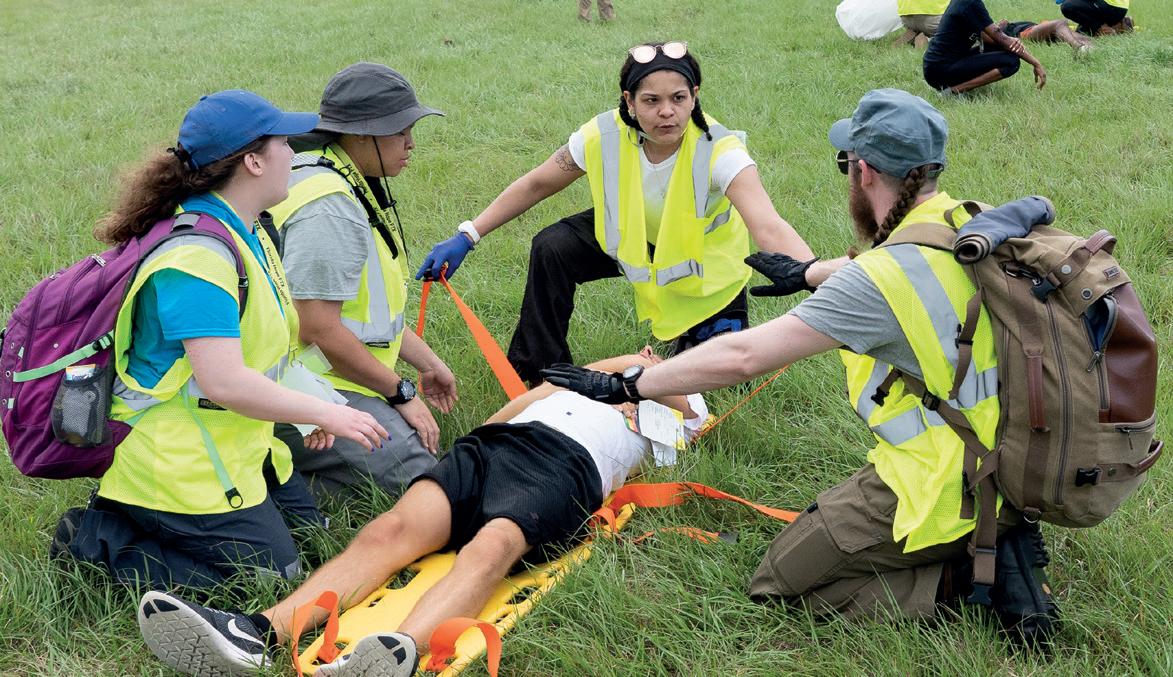
1 minute read
Public Administration
Launch a career serving the public or become more valuable to your public-sector employer with a Bachelor’s Degree in Public Administration. Students may choose from two areas of specialization. Emergency Planning and Management
Gain the credentials and skills to play a key role in local, state and federal emergency planning. Students will acquire a foundation in multi-agency incident command, emergency services policy, organizational administration, public finance and ethics. Public Policy and Leadership
Advertisement
Learn to effectively manage people and projects, provide top-quality service, and ensure efficient and careful use of resources as a professional in a local, county, state or federal position. This degree provides an excellent foundation for students looking to continue in graduate programs in public administration or political science and those planning to apply to law school. Learn Through Experience
During their final semester, students apply what they have learned in a Capstone experience. Here are some examples of recent Capstone placements: • City of Port St. Lucie Emergency Management Division • Okeechobee County Board of Commissioners
Administration • St. Lucie County Division of Emergency Management • St. Lucie County Planning and Development Services Admissions Requirements
A.A. or A.S. Degree with a minimum cumulative 2.0 GPA. See irsc.edu for required prerequisite courses.
91% / Job placement rate for students earning a Bachelor’s Degree in Public Administration
32
GLOBA L
Students may choose to complete their entire Bachelor of Science Degree in Public Administration online. Note: each online course requires at least one proctored exam. Jacob LaCroix, Student, University of Miami Law School IRSC Class of 2018
HANDS-ON TRAINING
FLORIDA HOPE EMERGENCY MANAGEMENT EXERCISE

Indian River State College hosted students from across the country for a domestic disaster training exercise in March 2019. This immersive exercise exposed students to an epidemiological response and mass-casualty response and provided them an opportunity to be involved in a victim’s information center. During the three-day exercise, students trained for response roles that used and tested skills associated with conflict resolution, disaster triage, emergency response coordination and adaptation under pressure. This is an example of the types of hands-on training and large-scale events that students may encounter at IRSC.










